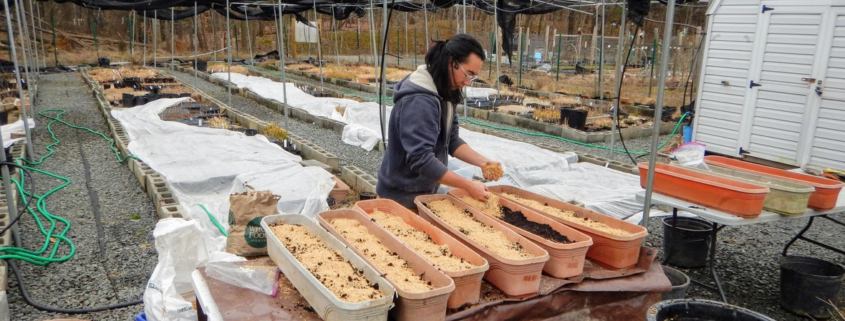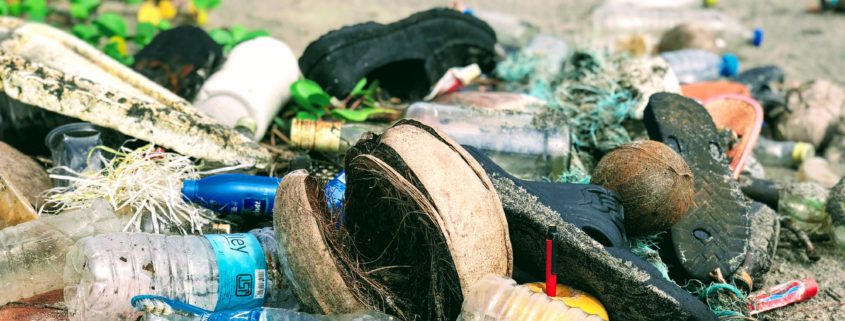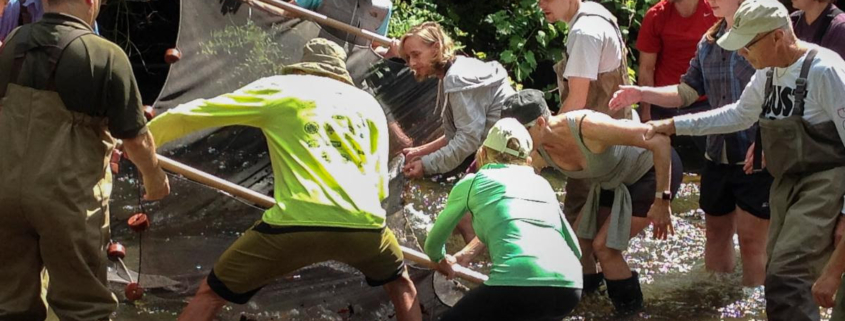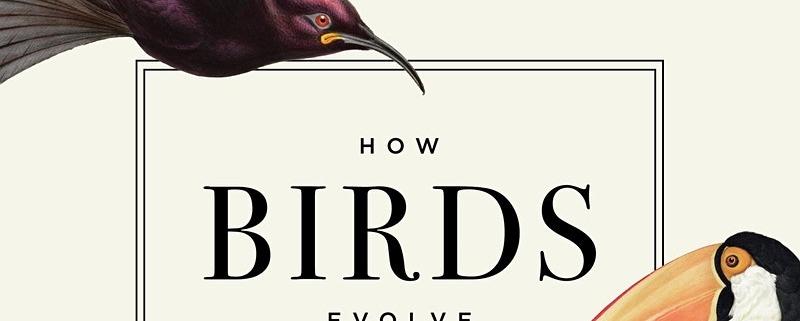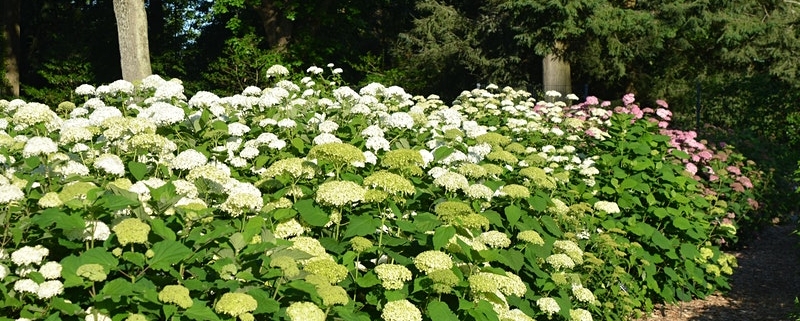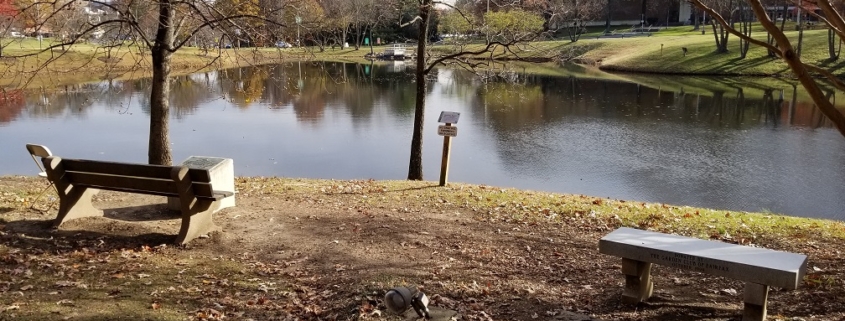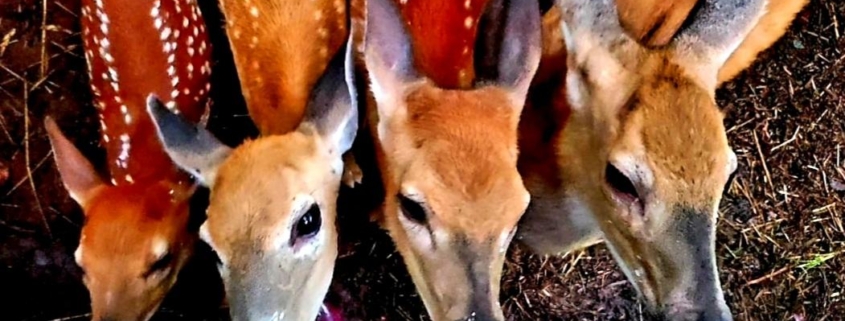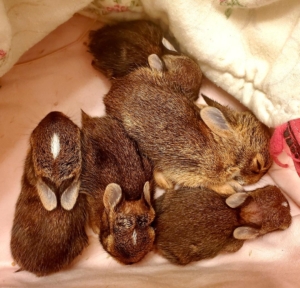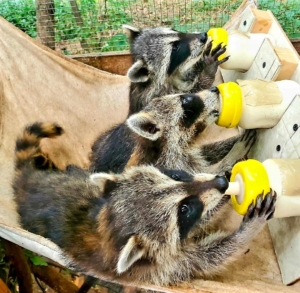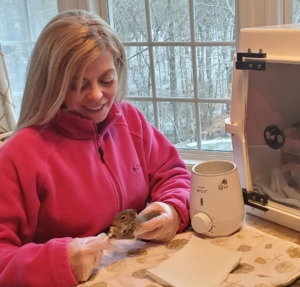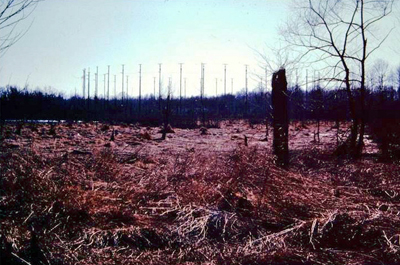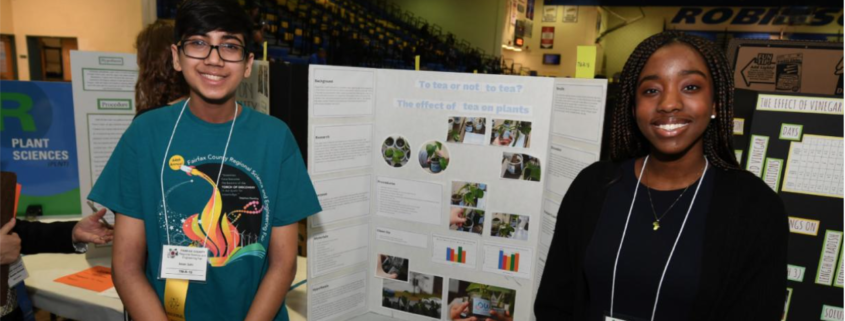George Mason University Pond, Fairfax
Article and photos by FMN Stephen Tzikas
We have anchors in life that allow us to perceive familiar surroundings through all sorts of lenses. These anchors could be our home town, places we lived and worked, or other important times in our lives such as education and residency on a college campus. I visit my alma mater, Rensselaer Polytechnic Institute (RPI), annually, and I am always amazed what new interesting “discoveries” I make, that have always been there but were hidden in front of my eyes. As a young student there, my motivations and goals were different. When I am back visiting, I can now enjoy this lovely campus of interest through the perspective of geology, history, performing arts, architecture, guest lectures, public events, nature, and so on. That applied interest allows me to segue those “discoveries” to my local environment. My interest in birds, for example, encouraged me to think about the types of birds on the RPI campus, and voila, ebird listed a whole universe of birds I never knew existed there. It didn’t take me long to connect that thought to what might exist at GMU or Northern Virginia Community College locations in Fairfax County that I frequently visit.
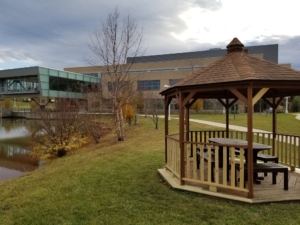
Idyllic spot at Northern Virginia Community College, Loudoun Campus
I think most people don’t normally think of college campuses as birding locations, but they offer some outstanding benefits. For campuses located in suburbia and the countryside, efforts are usually made to make a campus peaceful, safe, and intellectually stimulating. Campuses can be vibrant places with trade shows and performing art events. One can also find sophisticated laboratories with halls of learning containing displays of historical instruments and specimens, and research posters displayed on the walls. College campuses are usually highly manicured and integrated with nature.
A college campus can be both quiet and full of noises, and not just those of student parties. There are the noises of nature, to quote Shakespeare’s The Tempest, “the isle is full of noises, Sounds and sweet airs, that give delight.” While I was unaware of a birding club during my student days, many universities are now interacting with organizations that cater to avian interests. For example, there is Audubon on Campus, where students can become campus ambassadors and establish a campus chapter. The National Wildlife Federation has a State of the Campus Environment report card, helping to improve unique student learning experiences to gain skills necessary for sustaining the health of our environment.
The application, iNaturalist, will usually list extensive inventories of wildlife on campuses, including birds, but also other animals and plants. College campuses are typically ADA compliant and may or may not offer disabled parking privileges free-of-charge without a permit. It’s best to check with the educational institution as policies vary and because college parking spaces can sometimes be difficult to find. Although campuses might not have a bird trail per se, they do offer an attractive setting for those who may have an association with one or more colleges, or just love being around academic institutions. I am not the only one who thinks so. These links will provide the latest bird sightings at GMU and the NVCC campuses:
So why not make a day of birding at a college campus? College Campuses often add value to the hosting town, and if a campus could not fill your entire need, their towns usually offer great restaurants, entertainment, and shops of interest.


